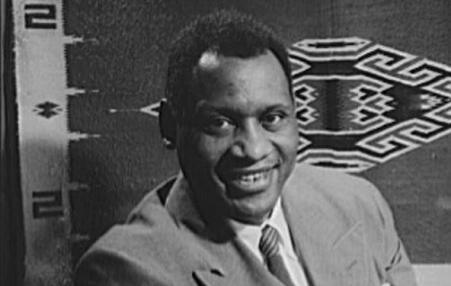Peter Dreier
Los Angeles Review of Books

In the 1970s, Robeson’s admirers — boosted by the upsurge of black studies and black cultural projects, the waning of the Cold War — began to rehabilitate his reputation with various tributes, documentary films, books, concerts, exhibits, and a play
Spread the word